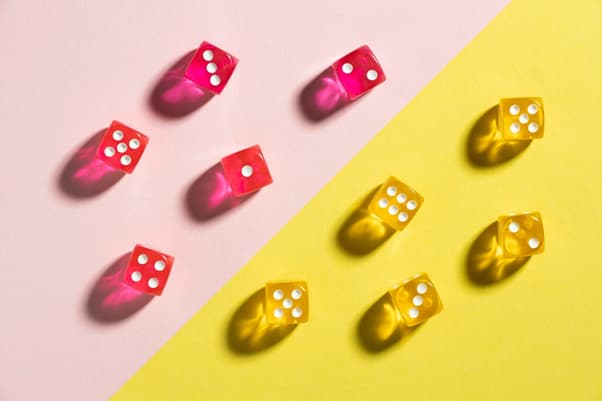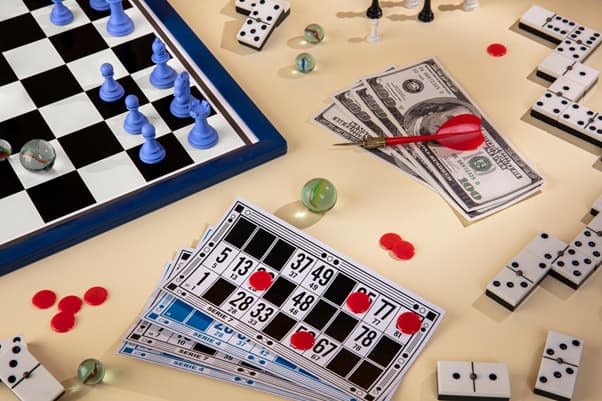There’s something undeniably thrilling about not knowing what comes next. Whether it’s flipping a coin, spinning a wheel, or opening a surprise gift, humans are hardwired to respond to uncertainty. But why does unpredictability excite us so much, especially in contexts like gambling or games of chance?
At first glance, it might seem counterintuitive—after all, we crave control and predictability in most areas of life. But when it comes to play, entertainment, and even decision-making, the unpredictable can feel more engaging, more emotional, and strangely satisfying. Understanding this fascination isn’t just about psychology—it’s about how our brains handle reward, risk, and anticipation.
Uncertainty taps into deep emotional systems that affect how we behave, how we choose, and how we interpret outcomes—whether it’s a spin of the wheel or a fork in the road of life.
The Brain on Uncertainty
From a neurological standpoint, uncertainty lights up the brain like few other experiences. Dopamine, the neurotransmitter associated with motivation and reward, isn’t just released when we win—it’s released in anticipation of a possible win. This anticipation effect means the simple act of not knowing the outcome can be more stimulating than the result itself.
What’s fascinating is that this effect is stronger in unpredictable reward scenarios—like pulling a slot machine lever or scratching off a lottery ticket—than in guaranteed ones. That element of “maybe” creates what behavioral scientists call a variable reward schedule, and it’s one of the most powerful behavioral motivators known to psychology.
Think about it: if every spin of a wheel gave you a prize, you’d eventually grow bored. But if only some spins do—and you never know which—that intermittent reinforcement keeps you engaged. That’s the same mechanism behind many popular mobile games, social media scrolling, and yes, gambling platforms.

Why “Chance” Feels So Personal
Even though we intellectually understand that randomness is, well, random, emotionally we don’t always treat it that way. We assign meaning to patterns, create rituals, and remember near-misses with vivid clarity. Why?
Because we’re storytellers by nature. When randomness aligns in our favor, it feels like destiny. When it doesn’t, it feels like we’re “due” for a win. This emotional logic can lead people to make decisions that feel intuitive but defy actual probability—like doubling down after a loss or trusting a “lucky” number.
And while this can be part of harmless fun, it also highlights the psychological tension between perceived control and actual randomness. This tension can impact how we approach everything from health outcomes to financial decisions.
A Word on Safe Play and Conscious Choices
Given how powerful these psychological mechanisms are, it’s important to create room for both enjoyment and self-awareness—especially when money enters the picture.
That’s why it’s worth seeking out tools and platforms that encourage responsible gaming habits. For example, players looking for transparent and fair online environments can explore https://play-fortune.pl/kasyno/wyplacalne-kasyna/—a resource that lists online casinos that pay and are known for reliable payouts. When trusted information meets curiosity, it becomes easier to enjoy the game without losing clarity or control.
The Broader Lessons of Uncertainty

Beyond casinos and lotteries, our attraction to unpredictability has broader implications. It reveals our deep need for stimulation, our emotional response to risk, and our tendency to find meaning—even where none may exist.
These insights are relevant to many aspects of wellness and mental health. For example, when people feel emotionally stuck or mentally drained, it’s often because they’re caught in cycles of predictability and low engagement. Introducing small, low-risk doses of uncertainty—like trying a new route to work, taking on a creative challenge, or engaging in a playful activity—can refresh the mind in powerful ways.
Here are a few examples of how uncertainty can be reframed as a positive force:
- Boosting creativity: Uncertain outcomes encourage flexible thinking.
- Encouraging resilience: Coping with unpredictability builds mental strength.
- Increasing focus: Not knowing what happens next keeps the brain alert.
- Stimulating emotional connection: Shared moments of chance can bond people together.
- Promoting personal growth: Risk-taking often precedes meaningful change.
So, while uncertainty can sometimes feel uncomfortable, it’s also the source of some of life’s most memorable and meaningful experiences.
Final Thoughts: Embracing the Unknown
At its core, our love for games of chance isn’t really about money or winning. It’s about engagement. It’s about the spark we feel when something unexpected is about to happen. And in a world where so much is scheduled, tracked, and optimized, that spark is surprisingly valuable.
Understanding why we’re drawn to unpredictability helps us approach it more mindfully. Whether we’re spinning a reel, making a bold life choice, or simply choosing the scenic route home, uncertainty doesn’t have to be feared—it can be appreciated as a vital, energizing part of being human.
